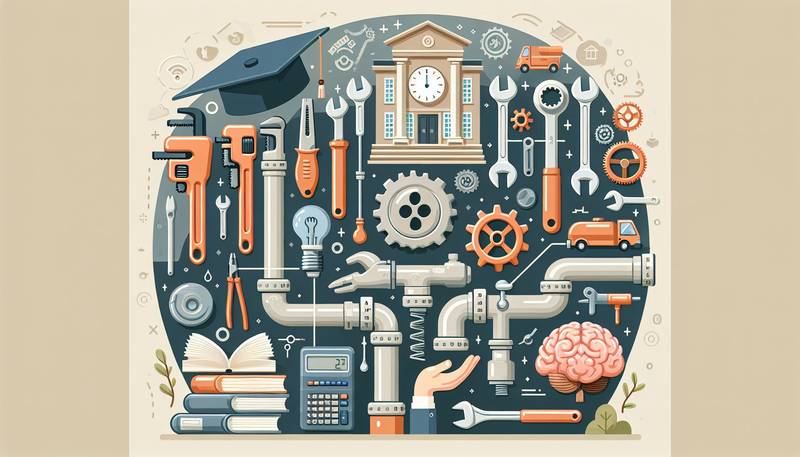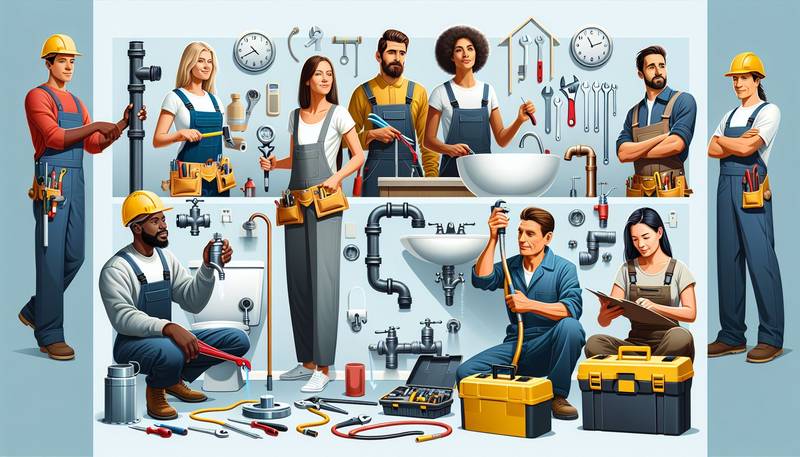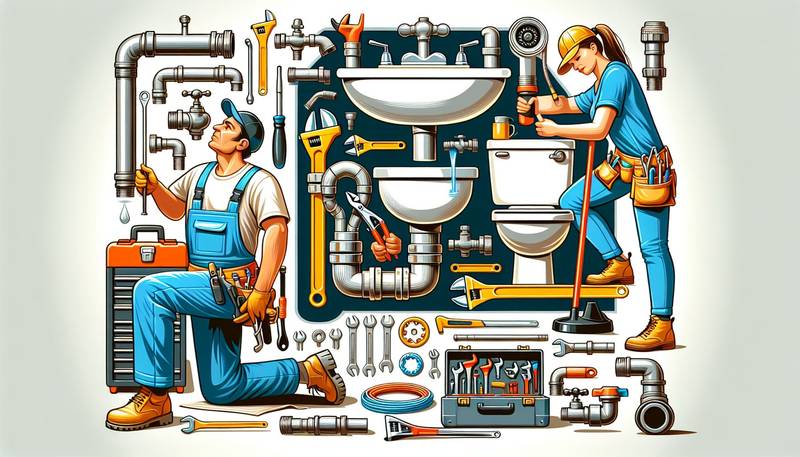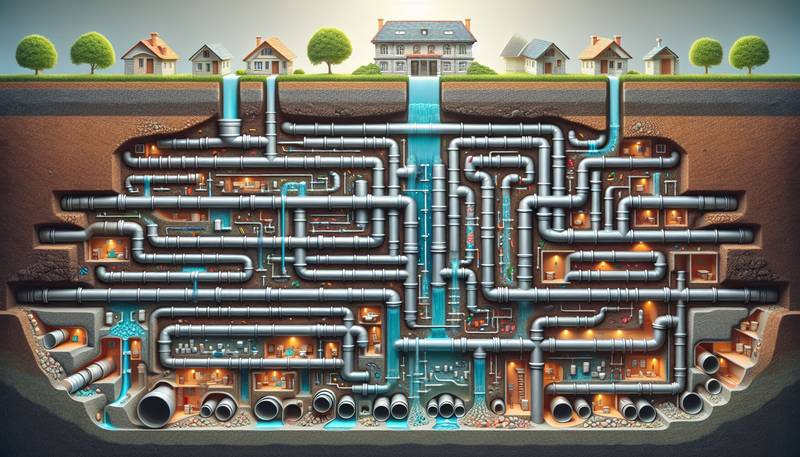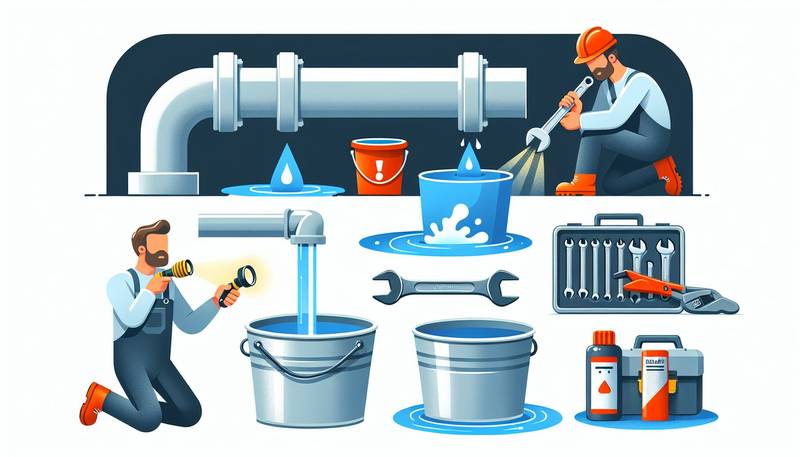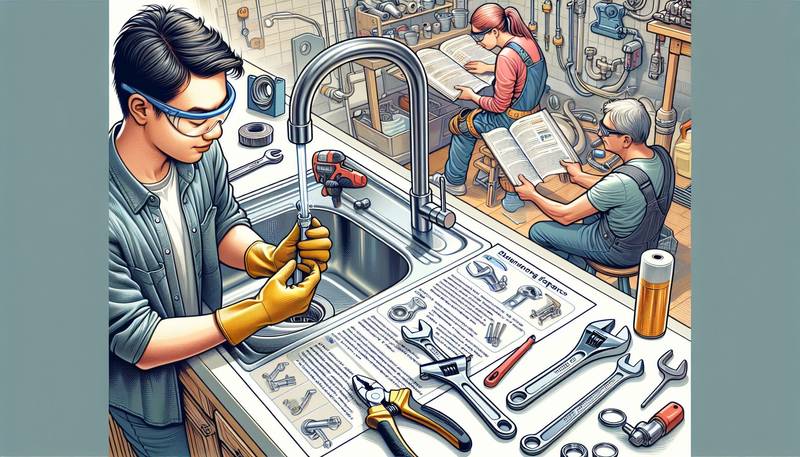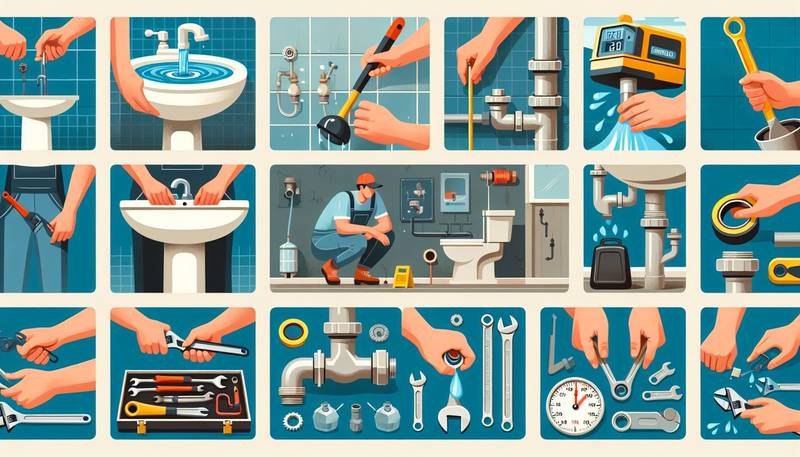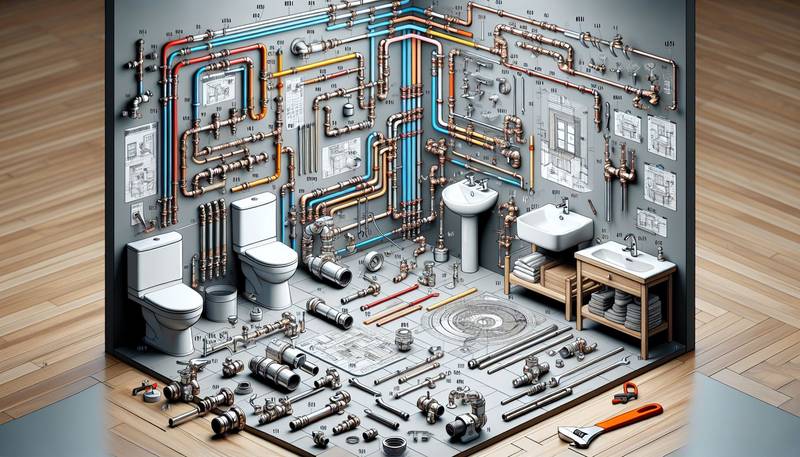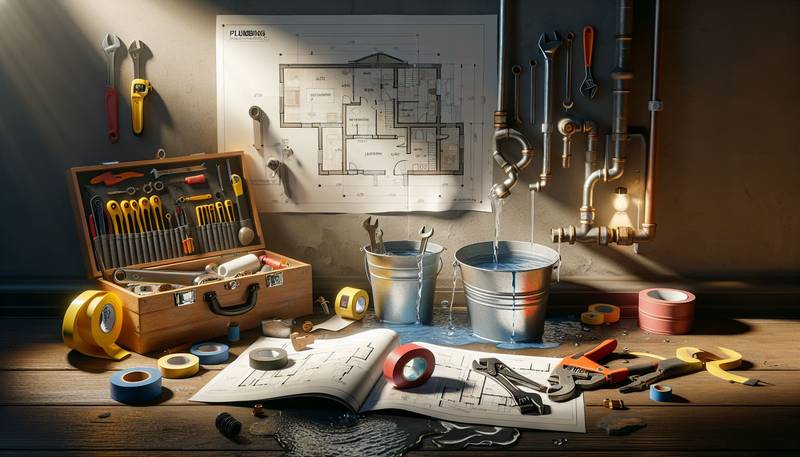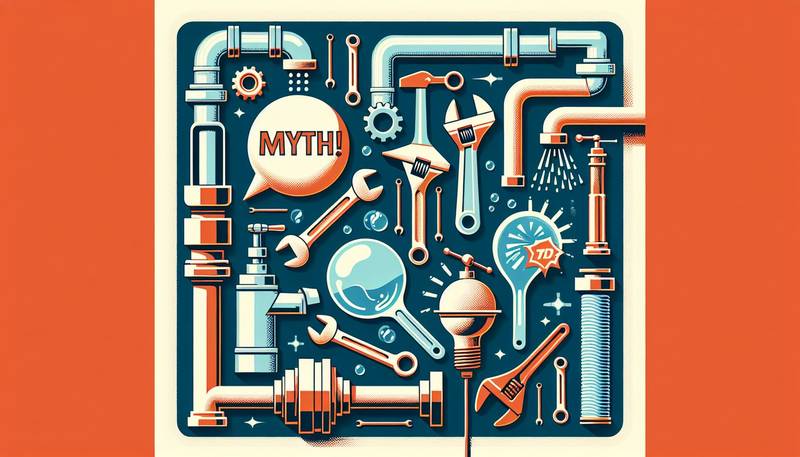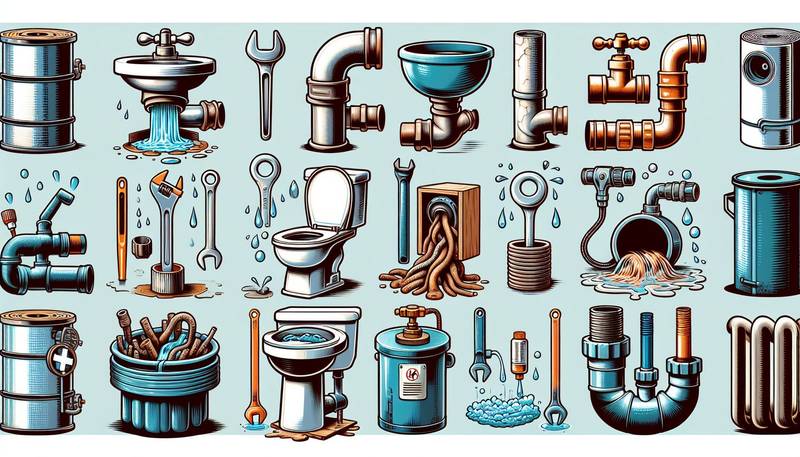Building a Career in Plumbing: Education and Skills Needed
If you are considering a career in plumbing, it's important to understand the education and skills needed to succeed in this field.
Training and Education
While a formal education is not always required to become a plumber, most professionals in the field undergo some form of training to gain the necessary skills and knowledge. Many plumbers start their careers as apprentices, working alongside experienced professionals to learn the trade. Apprenticeships can last anywhere from two to five years and typically involve both on-the-job training and classroom instruction.
In addition to apprenticeships, aspiring plumbers can also pursue formal education through technical schools or community colleges. These programs typically offer a combination of hands-on training and classroom instruction, covering topics such as plumbing codes, pipefitting, and blueprint reading. Some programs even offer specialized training in areas such as green plumbing or pipe welding.
Licensing and Certification
In most states, plumbers are required to hold a license in order to work legally. Requirements for licensing vary by state but typically include a certain amount of work experience, completion of a training program, and passing an exam. Some states also require plumbers to obtain certification in specific areas, such as backflow prevention or medical gas systems.
Licensing and certification not only ensure that plumbers have the necessary skills and knowledge to perform their jobs safely and effectively but also provide credibility to employers and customers. By obtaining the required licenses and certifications, plumbers can demonstrate their commitment to professionalism and quality workmanship.
Skills Needed
In addition to formal education and training, plumbers need a variety of skills to succeed in the field. Strong problem-solving abilities are essential, as plumbers often need to troubleshoot issues and come up with creative solutions on the spot. Attention to detail is also important, as even minor mistakes can lead to major problems down the line.
Physical stamina is another important skill for plumbers, as the job often requires long hours of standing, crouching, and lifting heavy materials. Additionally, good communication skills are crucial for working effectively with clients, contractors, and other professionals in the industry. Plumbers should be able to explain complex technical concepts in a clear and understandable manner.
Career Outlook
The demand for plumbers is expected to remain strong in the coming years, with job opportunities projected to grow at a steady pace. As infrastructure continues to age and populations grow, the need for qualified plumbers will only increase. In addition, advancements in technology and sustainability are creating new opportunities for plumbers with specialized skills in areas such as water conservation and energy efficiency.
Overall, a career in plumbing offers stable employment, competitive wages, and the satisfaction of knowing that your work is essential to the well-being of communities. By gaining the necessary education and skills, aspiring plumbers can embark on a rewarding and fulfilling career that provides a valuable service to society.
